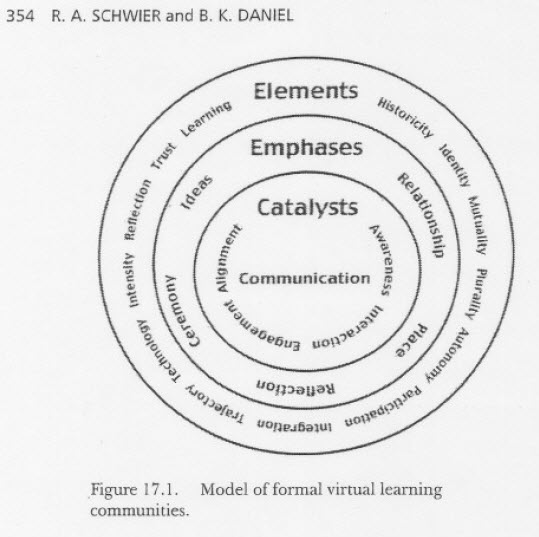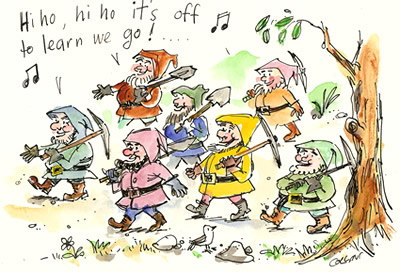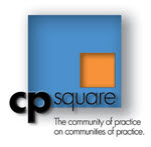One of the readings I did for our internal discussions has really captured my interest. I have previously read this book chapter, though now that I am actively engaging in research in this area, this model of virtual learning communities (VLC) is becoming more present and intentional in my thinking. I like this model for VLCs, with the various elements the authors are recommending:
While I generally think these elements are useful, I wish I could learn a little more about the research that supports there items; this was not included in the chapter, and as a developing researcher, I can’t help but wonder how the authors came up with these, and not others.
What do others think; do these elements fit with your practice and experience?
Reference:
(Schwier, R. A., & Daniel, B. K. (2008). Implications of a virtual learning model for designing distributed communities of practice in higher education. In C. Kimble, P. Hildreth & I. Bourdon (Eds.), Communities of practice: Creating learning environments for educators (Vol. 2, pp. 347-365). Charlotte, NC: Information Age Publishing)



